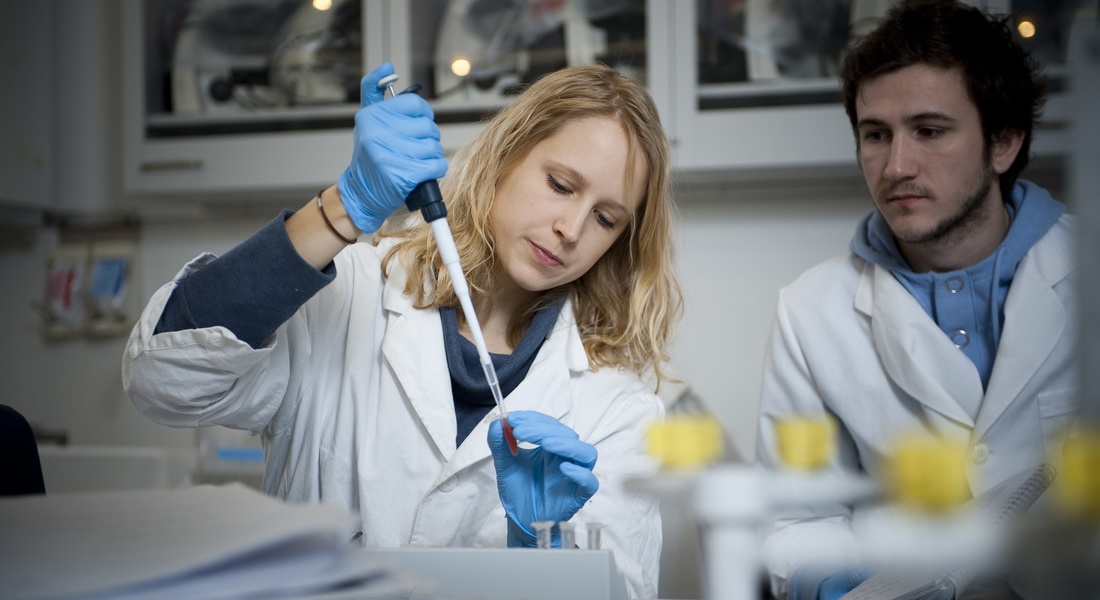The Experimental Virology Group
Virology is the study of viruses. Within biomedicine it is particularly the study of the diseases caused by viruses, which attract interest; how do viruses induce diseases? How are virus induced diseases prevented? Experimental virology aims to answer these questions through studies of the interactions of viruses with living cells in vitro and in vivo, including studies of model infections in laboratory animals. Another area of focus is the development of effective vaccines for prevention of viral infections, including the use of modified viruses as vaccine vectors.

The long-term aims of our research are to understand the host/virus interactions associated with acute and chronic viral infection. Such insight is crucial for our basic understanding regarding the pathogenesis of viral infections, as well as a prerequisite for rational vaccine development, now made possible due to recent biotechnological breakthroughs pertaining to the methods at our disposal for modern vaccine production.
The goals are therefore to understand 1) how a primary viral infection is controlled, and 2) how permanent immunity to exogenous and endogenous re-infection is induced and maintained.
This presupposes an in-depth understanding of:
- How an antiviral immune response (unspecific as well as specific) is induced - which signals are necessary in order to trigger the optimal immune response?
- How the immune attack on the invading virus is regulated and focused in order for the infection to be most effectively controlled - which cellular interactions and signaling molecules are involved in this process (pattern recognizing receptors (PRRs), adhesion molecules, cytokines, chemokines)?
- Which effector systems are necessary for gaining control of the acute infection - how do these operate at the cellular and molecular level?
- How the immune system more effectively fights a new infection with the same or immunologically related viruses - how is this ability induced and sustained? Which cellular and molecular interactions are required?
- How the immune system operates to control of chronic viral infections - which cellular and molecular interactions are involved?
All the above mentioned aspects of the antiviral immune response are studied through the use of experimental virus infections in laboratory animals particularly mice. One important reason for this is that the immune function of mice is very similar to that of humans, and that a large variety of genetically modified mice with highly specific defects in immunologically relevant molecules are available. Such genetically modified animals combined with the use of modern cellular and molecular biology techniques are prerequisites in addressing the questions outlined above.
Experimental Virology Group
Department of Immunology and Microbiology
University of Copenhagen - Panum Institute
Blegdamsvej 3 - Maersk Tower 07.13.29
DK-2200 Copenhagen K
Denmark
Tel: +45 35 32 78 71
Contact person
Professor Allan Randrup Thomsen

Group Leader
Allan Randrup Thomsen
Professor
Phone +45 3532 7871
Mobile +45 2480 4612
athomsen@sund.ku.dk
Group members
| Name | Title | Phone | |
|---|---|---|---|
| Allan Randrup Thomsen | Professor | +4535327871 |
